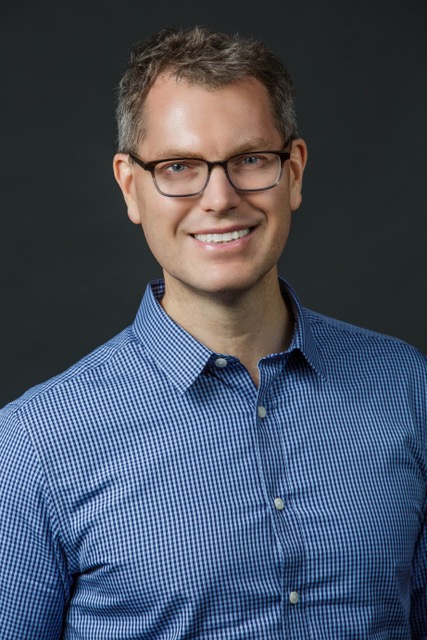
- This event has passed.
ASSET Seminar: “Fake News, Echo Chambers, and Algorithms: A Data Science Perspective”
April 23 at 12:00 PM - 1:15 PM
Abstract:
American democracy has been undermined by an “infodemic” of fake news, coupled with the widespread segregation of consumers into ideologically homogenous echo chambers by inscrutable algorithms deployed by rapacious social media platforms—or so we are told. In this talk, I will critically examine claims of this sort—made frequently by politicians, journalists, and public intellectuals—summarizing several recent papers that leverage large-scale representative panel data for US media consumption. Contrary to conventional wisdom, I argue that fake news is relatively rare, echo chambers on television are much larger and stickier than their online equivalents, and individual preferences dominate algorithmic filtering in determining consumption patterns. I further argue that it is trivially easy to mislead people without resorting to outright falsehoods and that researchers should accordingly pay more attention to biased information, even when it is factually accurate. I conclude by introducing the media bias detector, a recently launched project of Penn’s Computational Social Science Lab, that seeks to characterize and expose bias in mainstream media.
Zoom Link: https://upenn.zoom.us/j/94075987313

Duncan Watts
Professor
Duncan Watts is the Stevens University Professor and 23rd Penn Integrates Knowledge (PIK) Professor at the University of Pennsylvania, where he holds faculty appointments in the Department of Computer and Information Science, The Annenberg School of Communications, and the Operations, Information, and Decisions Department in the Wharton School. He holds a BSc in physics from the University of New South Wales and a PhD in theoretical and applied mechanics from Cornell University. Prior to joining Penn in 2019, Watts was Professor of Sociology at Columbia University, from 2000-2007, a principal research scientist at Yahoo! Research, from 2007-2012, and a principal researcher at Microsoft Research, from 2012-2019. He is a member of the National Academy of Science, a fellow of the American Association for the Advancement of Science, and an inaugural fellow of the Network Science Society He is currently serving as the founding president of the International Society for Computational Social Science.
